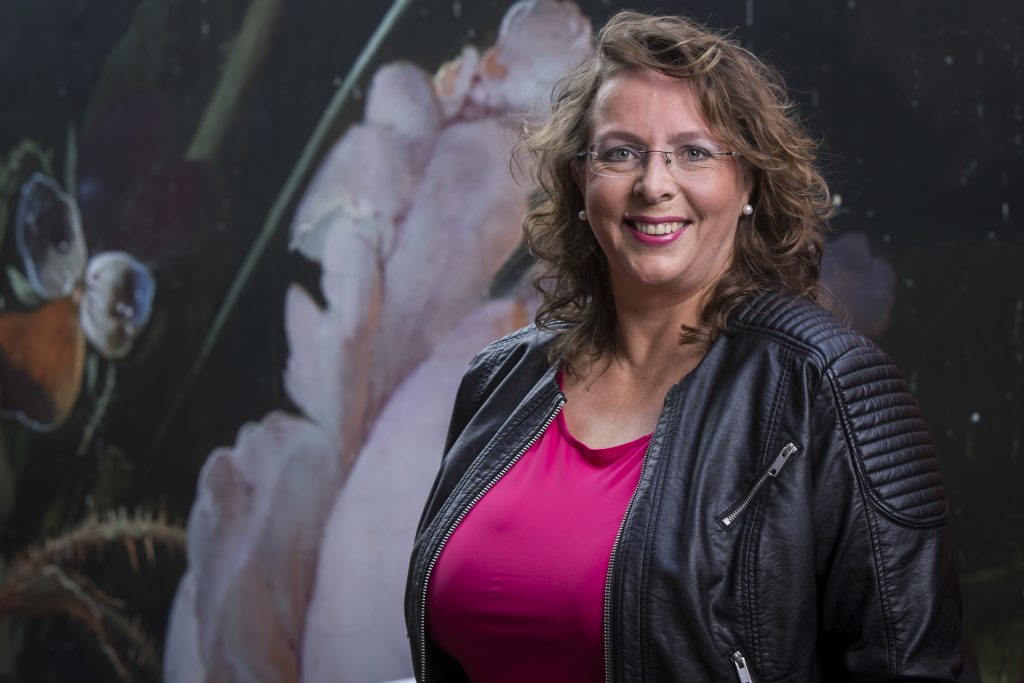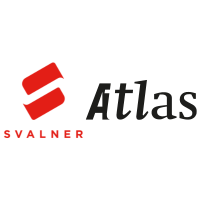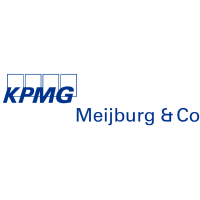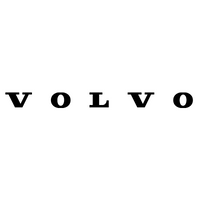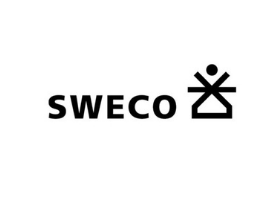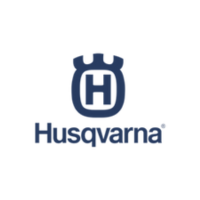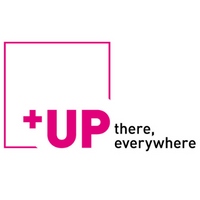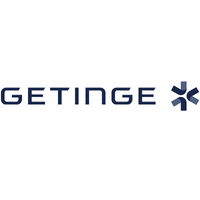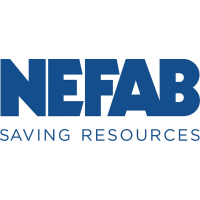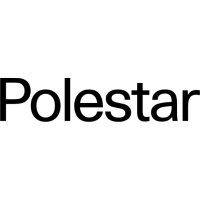Diversity & Inclusion: From “Nice to Have” to “Must Have“, by Wendy Broersen
By now, you should know that diversity and inclusion (D&I) benefit the world around you. Still, too few people realise that you no longer have a choice about whether you want to work on this AND that it is essential for business success. Let me explain why you have to work on D&I beyond just social responsibility.
War on Talent
Recent research by Rabobank (2023) showed that 40% of companies are disadvantaged in the labour market because they lack inclusivity. Companies I have worked with have noticed that they attract more diverse applicants since they’ve clearly outlined their mission and vision regarding D&I. These experiences underline the research findings. In other words, if your future employees care about D&I, you should, too.
CSRD
Let me explain what the Corporate Sustainability Reporting Directive (CSRD) is. The CSRD requires companies to report on the impact of corporate activities on the environment and society and requires the audit (assurance) of reported information. This means you must report on all data points and information required by this EU law in your annual report. Your accountant will audit these data points and plans before signing off on your yearly report. A brief paragraph about your D&I policy will no longer be enough. And we all know the consequences when your accountant does not sign off…

This new EU legislation is already on the agenda for all companies listed on the stock exchange. Furthermore, next year, all companies that tick two out of these three boxes must comply with the requirements: more than 250 employees, at least 25 million in revenue, and 50 million in assets. I have already heard from companies that aren’t legally obligated to comply. Still, they find it necessary because their major clients demand it to ensure their supply chain aligns with their goals. This is already happening with companies that have big clients in the US. Lastly, if your company is located outside the EU but generates more than 50 million in revenue in the EU, you still have to comply.
For most people, the CSRD is only about the European Union’s Green Deal. While that is partly true, many do not realise that the CSRD encompasses D&I. Simply collecting data and intentions regarding DEI from your employees is insufficient; you must also do so for your interim and flexible workforce. Specific data on gender, age, and people with disabilities must be reported, along with your plans related to this data. Want to learn more about the list of data points? Visit this link.
All this information is in your annual report and is therefore open. I think reporting is a huge benefit for everyone, as we can see what other companies are doing and the impact of those actions. It will put an end to window dressing and help others improve.
Equal Pay
The principle of Equal Pay is enshrined in Article 157 of the Treaty on the Functioning of the European Union in 2023. This requires Member States to apply the principle of equal pay for male and female workers for equal work or work of equal value. Member states have been given three years to transpose this into national law.
Initially, companies with at least 150 employees must report on the gender pay gap in their organisation every three years, and companies with more than 250+ employees must do so annually. Dutch companies have three years to familiarise themselves with data collection on different job types and wages. Companies like ABN AMRO are already compliant and have gone beyond by also collecting data on ethnic-cultural backgrounds & wages/promotion opportunities, and they’re not the only ones.
Innovation
If the above hasn’t convinced you of the necessity of DEI yet, consider that diverse minds enhance the chances of coming up with innovative ideas—but only if those ideas are heard and collected and the people are equally respected and valued. Therefore, inclusion is essential for innovation; the collective brain is a valuable asset. Diverse and inclusive companies are 3.5 times more likely to innovate effectively. Amidst all developments and innovations, it’s also important to be resilient. Diverse and inclusive teams have been proven to be 6.6 times more resilient and, therefore, better equipped to deal with those changes.
The well-being of your employees
Lastly, BCG research has shown that a lack of support in non-inclusive cultures negatively affects employees’ health and even their private lives. Work stress has less impact on their relationships with friends and family and psychological well-being. They feel safer about making mistakes and trying again. Employees of inclusive companies are 3 times more likely to be happy at work and 2.2 times more likely to have a positive work-life balance. No wonder this results in one less sick day per employee per year. Inclusive companies are also 12 times more likely to engage and retain employees. Last but not least, inclusivity affects your customers, too, as they’re 8.5 times more likely to be satisfied and retained (Bersin and Enderes).
I hope you don’t feel discouraged after reading about all the legislation, but rather, I hope I have inspired you to drive D&I in your organisation. As a DEI professional for over 12 years, I find these legislations and research outcomes very welcome. They professionalise the DEI manager and specialist profession and enhance the implementation of DEI into the organisation’s goals and processes. Only when we view DEI as another essential factor for the organisation’s success can it genuinely make a difference for people and the company, and we, companies & society, will thrive.
This article is written by Wendy Broersen, International Diversity & Inclusion expert and founder of Superpeople Company, for Swedish Chamber Insights. Superpeople Company, which helps companies to attract, retain and develop their diverse workforce. She is a lecturer and program manager of the DEI Master Program at the University of Amsterdam, an author and an international speaker. Wendy has developed a revolutionary model to achieve inclusion faster and more easily, and wrote the book ‘NOT for HR’ about it. It was nominated for Management Book of the Year and has been published in NL and EN.
Interested in connecting with Wendy? Contact her at wendy@superpeoplecompany.com or +31 6 29 25 29 38.
